The idea of philosophical counseling may sound mysterious to those unfamiliar with its principles and practices. It may evoke images of philosophers sitting in old libraries, lost in deep thoughts about abstract ideas, far removed from the realities of everyday life. However, this perception couldn’t be further from the truth. To illustrate what philosophical counseling is, let’s delve into an example.
Meet Emily, an engineer in her early thirties, and her husband, Alex, a nonprofit program manager. They had been happily together for five years and had no plans for having children. During a recent casual coffee meetup, one of Emily’s friends politely raised the age-old question to which Emily and Alex were no strangers: “If you two are not going to have children, who would take care of you when you’re old?” Well-meaning, the friend emphasized the importance of having someone, especially one’s children, to rely on in old age. Despite Emily’s strong belief that this should not be a reason to bring a human into the world, she couldn’t help but feel intrigued and increasingly anxious about the possibility of aging without a support system, fearing loneliness in her final stage of life.
Seeking guidance, Emily turned to her trusted circle of friends and family, hoping to find solace in their wisdom. However, as she shared her innermost thoughts and doubts, she sensed that something was amiss. While well-intentioned, their advice seemed incomplete or biased, influenced by their own experiences and perspectives. Emily yearned for a fresh outlook, a space where she could freely express her uncertainties, explore her fears, and uncover her true desires without judgment or preconceived notions. In her quest for clarity, Emily decided to seek the guidance of a philosophical counselor.
Emily and Alex’s distress stemmed from their fear of the vulnerability associated with aging as a childfree or childless couple. Although childfree individuals may be particularly attuned to aging issues, questions about the art of ending well are confronted by everybody. The questions may include:
If aging and dying are inevitable, how do I envision ending my life well?
What are my priorities while traversing aging or infirmity?
How do I want to be remembered?
…
These are topics that often invoke difficult emotions and, as a result, are uncomfortable for many people to discuss in depth, let alone in everyday social environment. However, in this case, childfree couples, being posed with these questions early on, are highly cognizant of them and in need of honest and deep conversations.
The philosophical counselor may create a secure and comforting space for Emily to explore the various perspectives that formed the foundation of her dilemma. He or she may start by suggesting to Emily that a lot of their frustrations came from unconsciously holding two false assumptions:
1) there is ONLY ONE style of having a good old age: being connected to, or supported by, or living with one’s own adult children;
2) there is ONLY ONE way to build meaningful and fruitful relationship with younger generations, which is through physically giving birth to one’s own children.
To believe that there is a single approach to living a fulfilling life may create limitations and bring about frustration. It hinders our ability to take bold steps into the mystery of our true selves. These presumptions often stem from our upbringing, the life journeys of those around us, and societal norms. Together, they form what philosopher Diana Tietjens Meyers calls the colonization of imagination, where we internalize the notion that a particular life script is the sole path, and there is no choice beyond it [1][2]. In holding this view, we can restrict our potential to envision other equally fulfilling options.
While parenthood may indeed be the most meaningful pursuit for many, it is evident that it does not align with Emily and Alex’s preferences at this point. It challenges their sense of identity and self-expression. What’s more, for them, having a child under this particular circumstance (that is, out of utilitarian motives) conflicts with their moral principles. In this context, the philosophical counselor can play a vital role in helping Emily and Alex positively embrace the opportunity to contemplate the question of how to orient onesef toward aging or infirmity. Through constructive discussions, they can develop concrete plans and solutions to prepare for the inevitable in a way that fosters human flourishing instead of hindering it.
“To have or not to have a child” serves as one example of the numerous problems that we encounter on our individual paths. Maybe you have already noticed: these common questions are not only incredibly practical but also deeply philosophical. That is because ultimately, most (if not all) of the life-altering decisions we are going to make will be based on our answers to the fundamental questions that govern life.
Ideally, those big decisions should be carefully thought out. Yet, in real life, the opposite is often the case – social expectations and rules, half-baked arguments, and emotional distress tend to cloud our judgment. This is where philosophical counseling steps in. It offers individuals the opportunity to step back from the noise of everyday life and engage in a profound dialogue about their existential dilemmas. The philosophical counselor empowers individuals to explore their thoughts and emotions, helping them navigate the complexities of these significant life decisions.
Emily’s case exhibits three distinct features that make her a good candidate for philosophical counseling.
- Emily seeks a safe place to talk, yearning for a non-judgmental environment to share her struggles and find solace.
- She is not seeking a diagnosis or treatment for any specific mental illness, such as schizophrenia, bipolar disorders, or major affective disorders.
- Emily desires a depth of understanding beyond simply alleviating emotional disturbances. She aims to discover her true self and make decisions that align with her authentic identity. This highlights the personal growth and self-discovery aspect of philosophical counseling.
You see, philosophical counseling is distinct from traditional psychological and psychiatric approaches. Instead of focusing solely on treating mental illnesses, it aims to improve individuals’ lives and help them pursue meaningful paths. In this form of counseling, philosophical consultants avoid labeling their clients with psychiatric terms, allowing for a more holistic and individual-centered approach. Furthermore, philosophical counseling is not tied to any specific religious affiliation, making it accessible to people of all backgrounds and beliefs.
It’s important to note that this doesn’t mean philosophical counseling negates psychological and psychiatric approaches. According to the National Philosophical Counseling Association (NPCA), “philosophical and psychological forms of counseling are complementary and mutually supportive avenues for helping people to confront their problems of living.”
By integrating ethics, critical thinking, and other philosophical resources, philosophical counseling offers a unique and valuable way for individuals to navigate life’s challenges, gain deeper self-understanding, and ultimately lead more fulfilling lives [3]. Curious to know if philosophical counseling is right for you? Book a free 30-minute individual session here.
References
[1] Meyers, Diana Tietjens. “The rush to motherhood: Pronatalist discourse and women’s autonomy.” Signs: Journal of Women in Culture and Society 26, no. 3 (2001): 735-773. https://www.journals.uchicago.edu/doi/abs/10.1086/495627
[2] Donath, Orna. Regretting motherhood: A study. North Atlantic Books, 2017. https://www.amazon.com/Regretting-Motherhood-Study-Orna-Donath/dp/1623171377
[3] Martin, Mike W. “Ethics as therapy: Philosophical counseling and psychological health.” International Journal of Philosophical Practice 1, no. 1 (2001): 1-24. https://www.pdcnet.org/ijpp/content/ijpp_2001_0001_0001_0001_0024
Copyright 2023, all rights reserved, Dr. Sijin Yan.

